The New South Wales government-backed Energy Security Corporation (ESC) is now fully operational with an independent board in place and $1 billion (USD 660 million) of seed funding earmarked to co-invest in large-scale clean energy infrastructure that strengthens the state’s electricity system.
Key priorities for the ESC, whose investment mandate was announced by the state government in February, include energy storage projects that capture excess renewable energy and help firm the grid and support reliability. This includes large-scale battery energy storage systems and potentially pumped hydro.
It will also target consumer energy resources such as community batteries and virtual power plants (VPPs) that allow household rooftop solar and battery systems to be orchestrated and used more efficiently, and network infrastructure upgrades that unlock capacity and projects that improve system strength.
ESC Chief Executive Officer Paul Peters said the government-backed investor has a vital role to play in the state’s energy transformation.
“The Energy Security Corporation will invest where the need is urgent,” he said. “Our role is to bring the flexible capital needed to accelerate infrastructure projects and create a modern, resilient energy system.
Peters said the ESC will work with the private sector to plug investment gaps in the market to create an electricity network that helps NSW meet its emission reduction targets.
“We’ve already been out engaging with energy companies, developers and financiers, building an understanding of where the ESC can maximise its impact,” he said.
The minimum investment level is $25 million per project, with a maximum of up to $150 million, with equity, debt and concessional finance and guarantees all available to help close financing gaps and move projects forward.
The inaugural Board will be chaired by Cameron O’Reilly, alongside a group of directors including David Borger, Helen Conway, Michael Cummings, Sharon Eacott, Katerina Kimmorley and Daniel Papps.
NSW Energy Minister Penny Sharpe said the ESC brings together public capital, private-sector investment discipline and government alignment to accelerate the state’s energy transformation.
“After a decade of privatisation, the Energy Security Corporation gives the people of NSW the chance to invest in their energy system, and we’re thrilled to appoint a Board to accelerate this process,” she said.
O’Reilly, who led the NSW Electricity Supply and Reliability Check Up in 2023 that led to a two-year extension for Origin Energy’s Eraring coal-fired power plant, said investment decisions will direct capital where it is needed most to “support the state’s clean energy future and deliver long-term value for the people of NSW.”
This content is protected by copyright and may not be reused. If you want to cooperate with us and would like to reuse some of our content, please contact: editors@pv-magazine.com.
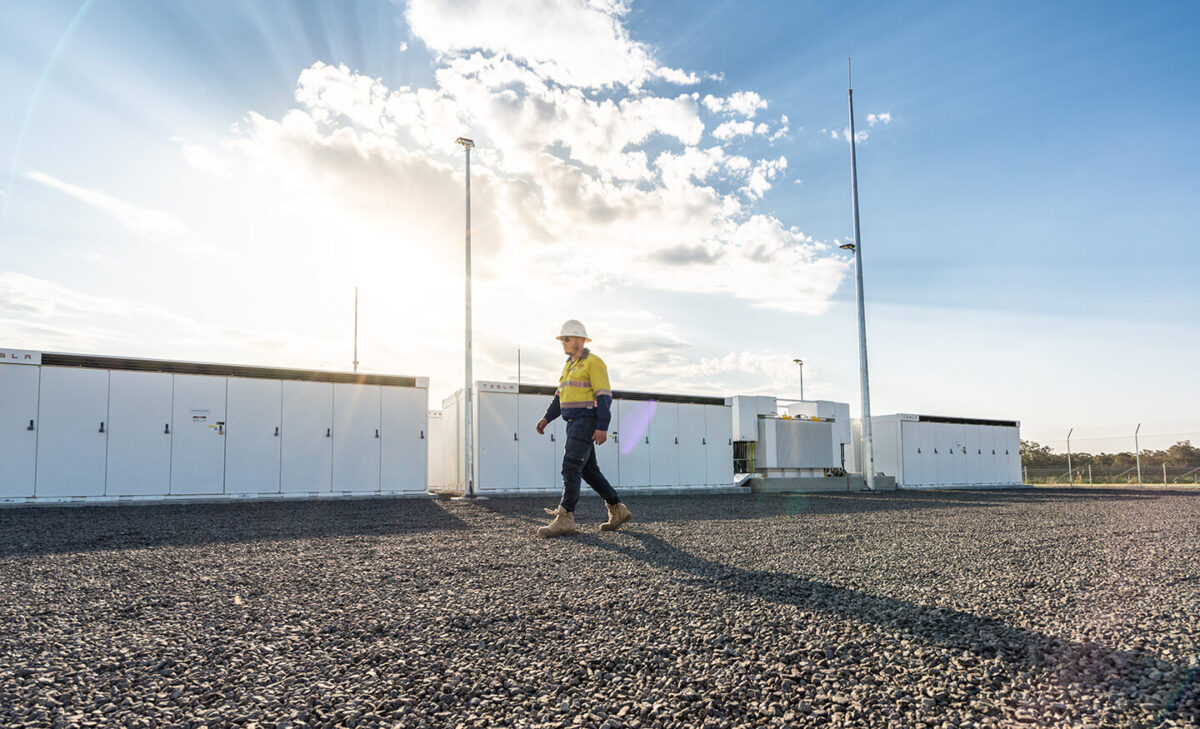
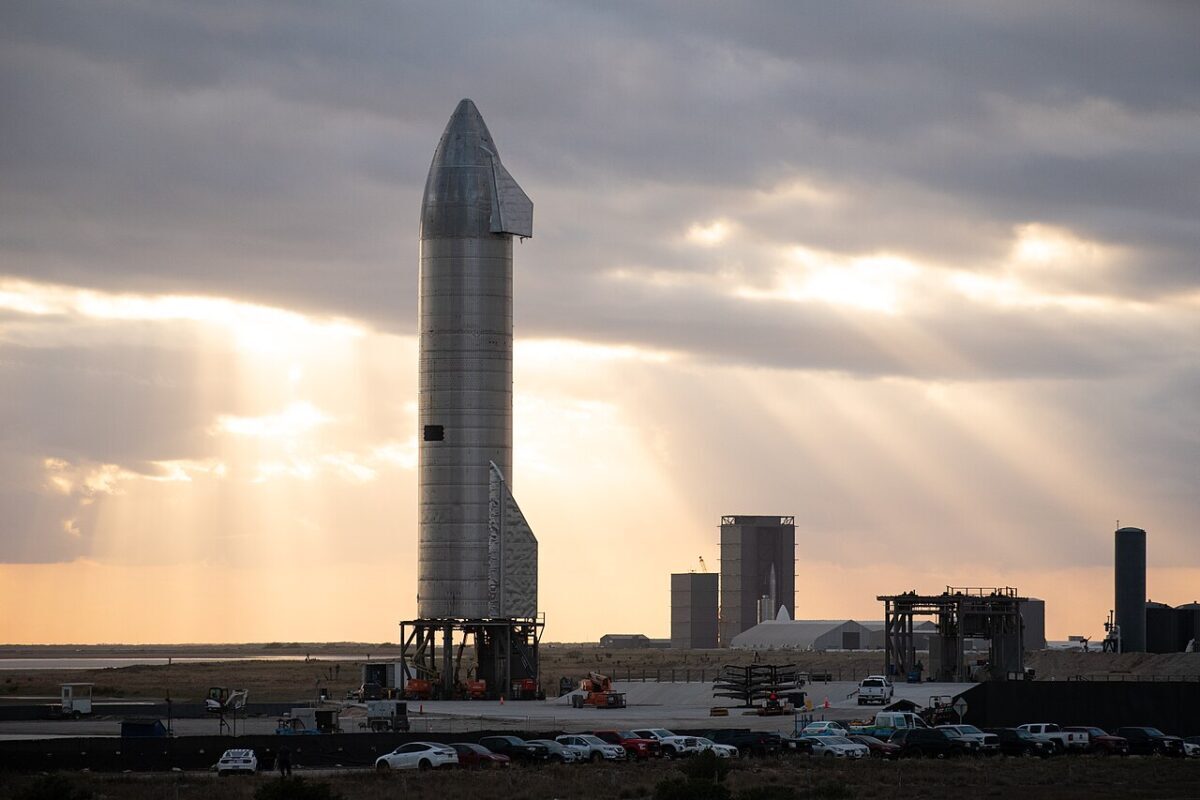


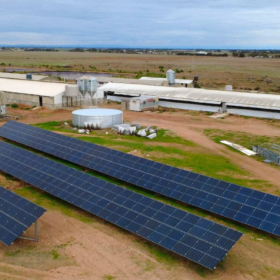
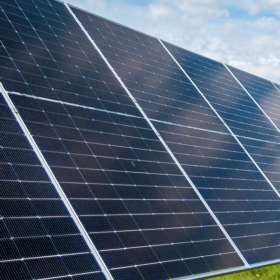
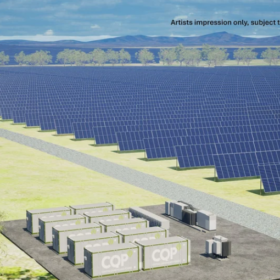


By submitting this form you agree to pv magazine using your data for the purposes of publishing your comment.
Your personal data will only be disclosed or otherwise transmitted to third parties for the purposes of spam filtering or if this is necessary for technical maintenance of the website. Any other transfer to third parties will not take place unless this is justified on the basis of applicable data protection regulations or if pv magazine is legally obliged to do so.
You may revoke this consent at any time with effect for the future, in which case your personal data will be deleted immediately. Otherwise, your data will be deleted if pv magazine has processed your request or the purpose of data storage is fulfilled.
Further information on data privacy can be found in our Data Protection Policy.